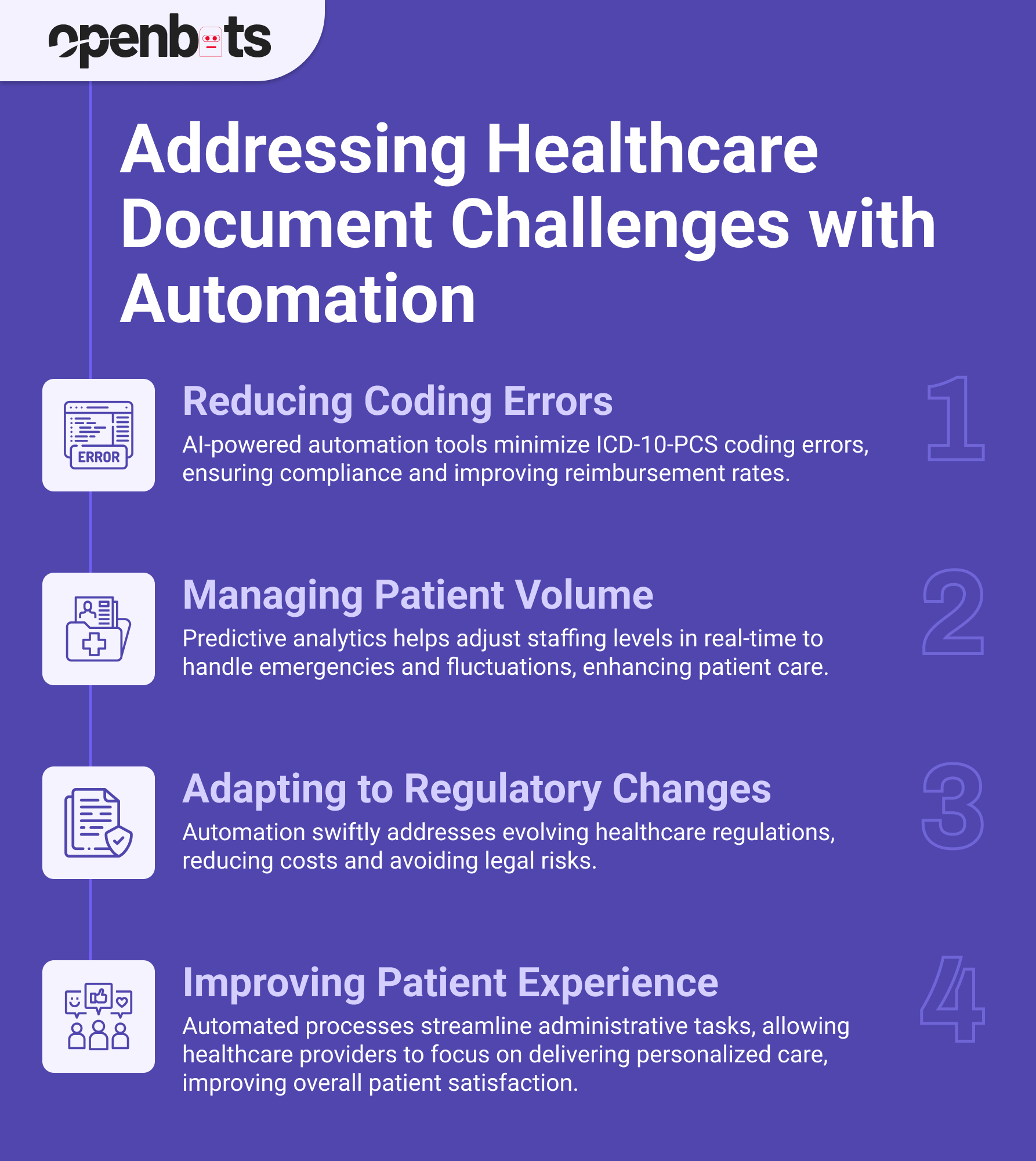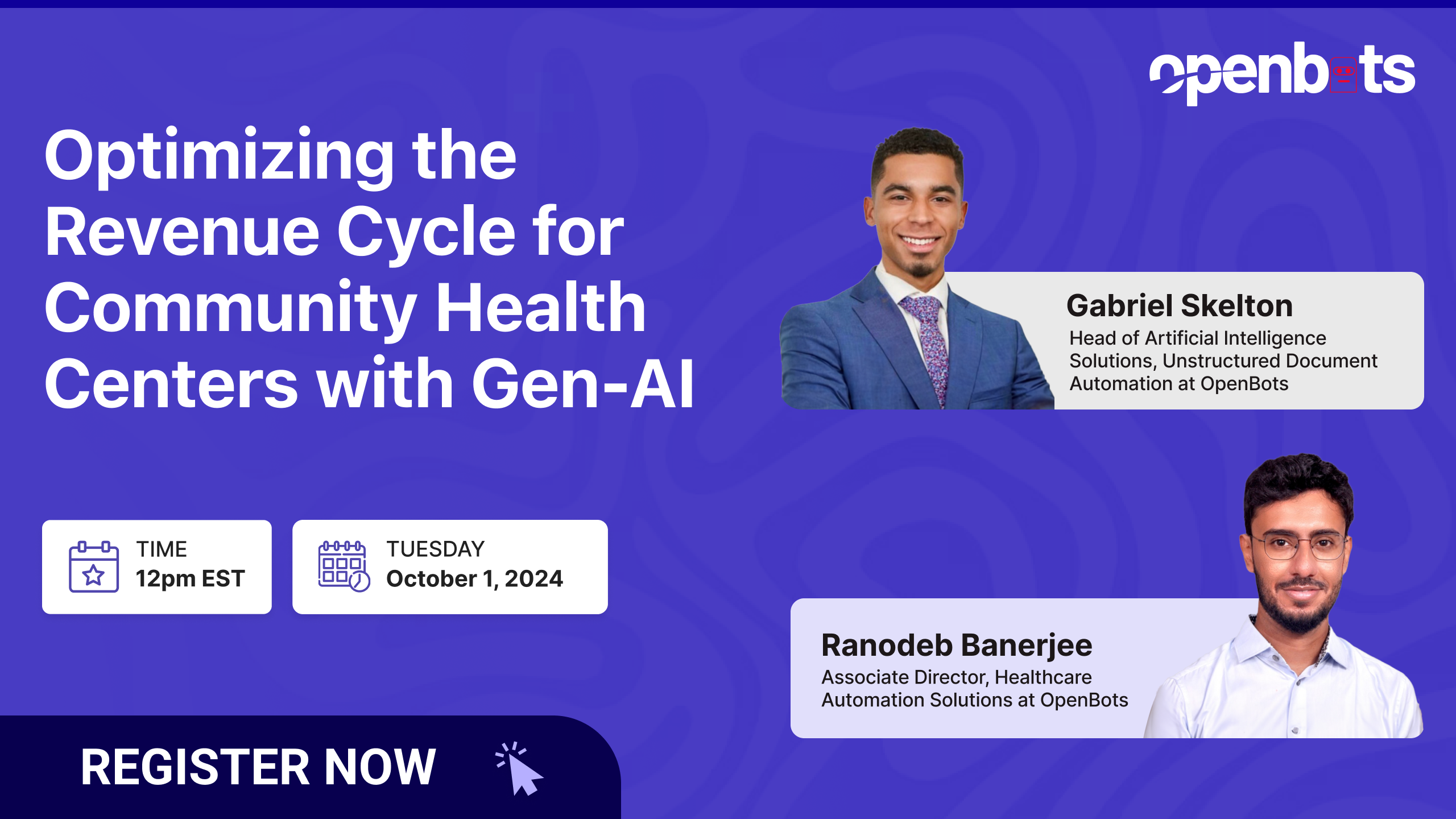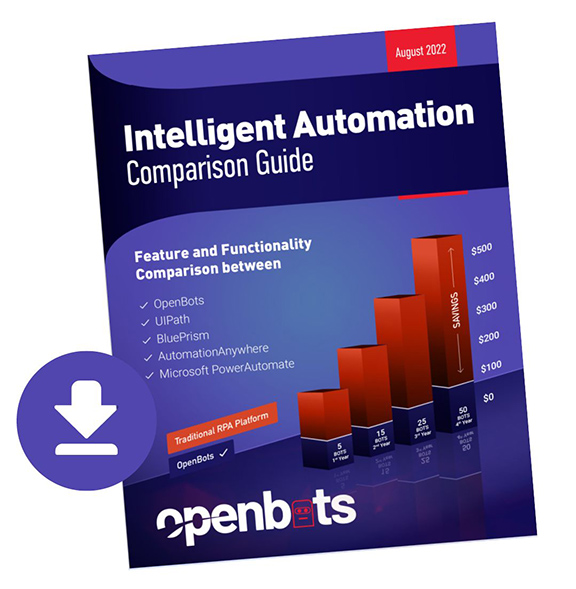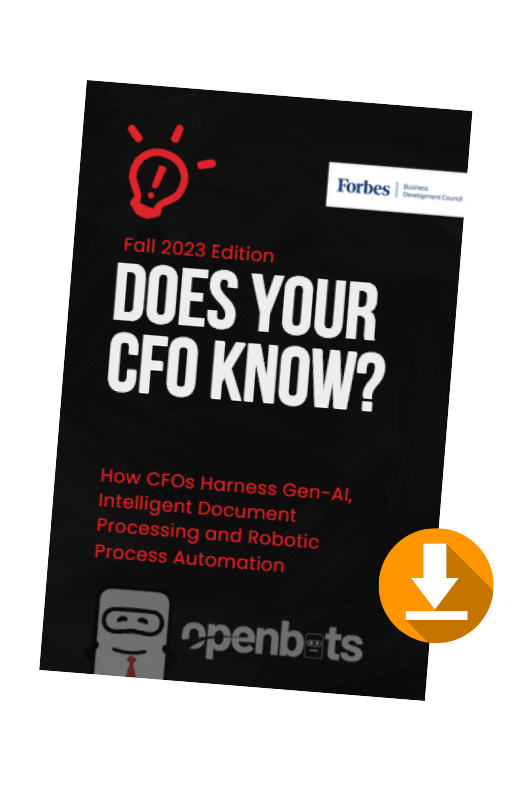Transforming Healthcare Document Processing with Artificial Intelligence
 by
Sonal Gupta - September 19, 2024
by
Sonal Gupta - September 19, 2024

About Sonal Gupta
As an Automation Consultant at OpenBots, I specialize in helping healthcare providers, insurance carriers, and mortgage firms streamline their workflows and enhance efficiency. I offer RPA solutions that automate manual data entry from unstructured and handwritten documents, achieving 98% accuracy with minimal setup—without the need for extensive machine learning. By leveraging advanced technologies like large language models and intelligent document processing, I also assist organizations in classifying and transferring documents efficiently.
I hold an MBA from Guru Nanak Institute of Management and a Diploma in Software Engineering from NIIT, Delhi. Currently, I reside in Ambala with my family.
Recent Posts
Related Blog Posts

Agentic AI’s Untapped Power in Streamlining Prior Authorizations
The original goal of prior authorization was to help keep healthcare costs down, not to get in the way of […]
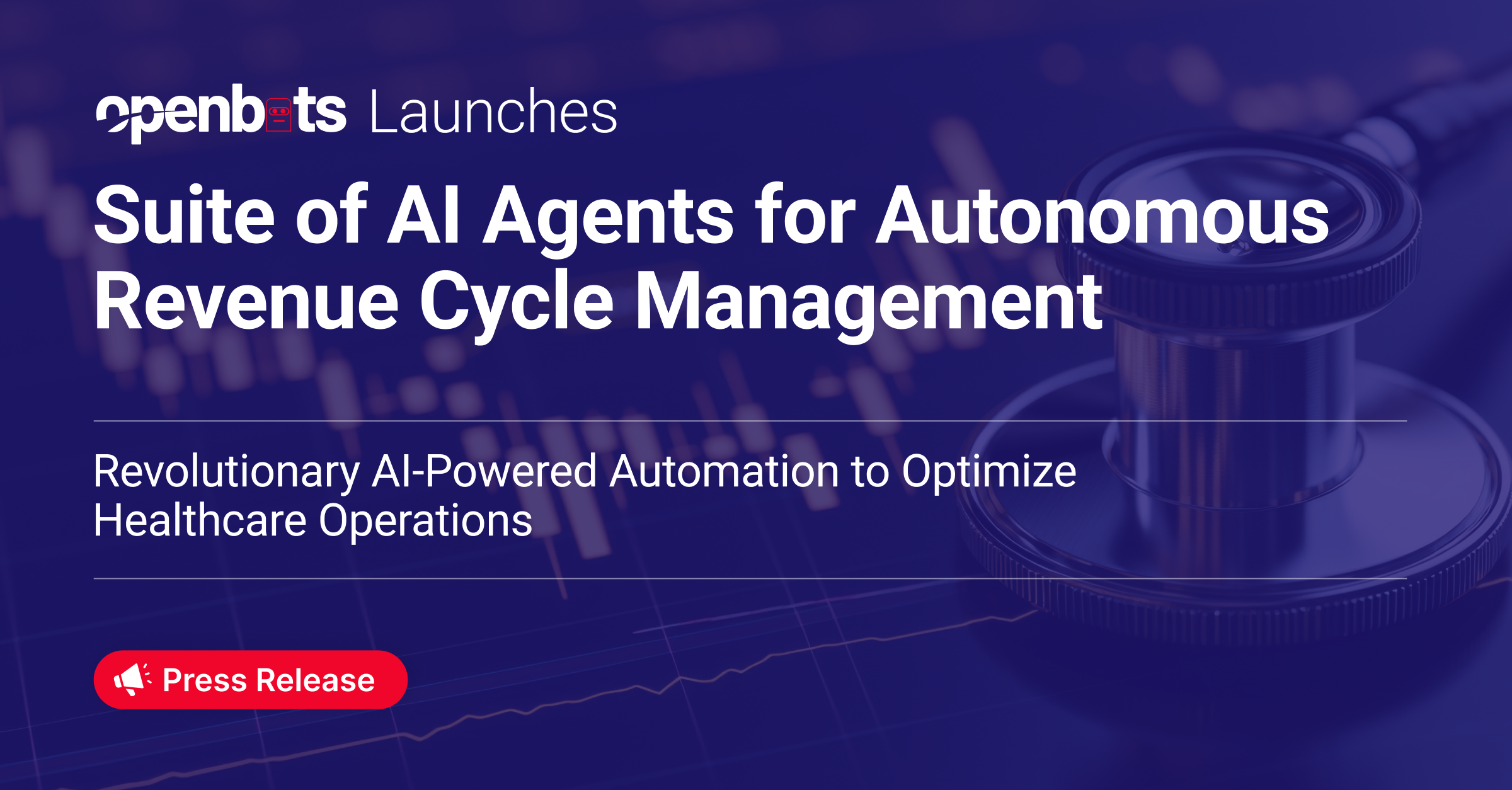
OpenBots Launches Suite of AI Agents for Autonomous Revenue Cycle Management
OpenBots Inc. is transforming healthcare financial operations with the launch of its AI-powered suite of eight Autonomous Revenue Cycle Management (RCM) Agents…

Agentic AI in Banking: Ten Transformative Processes to Automate
The banking industry is changing rapidly with the tech revolution, and modern technologies like Agentic AI are at the centre […]
